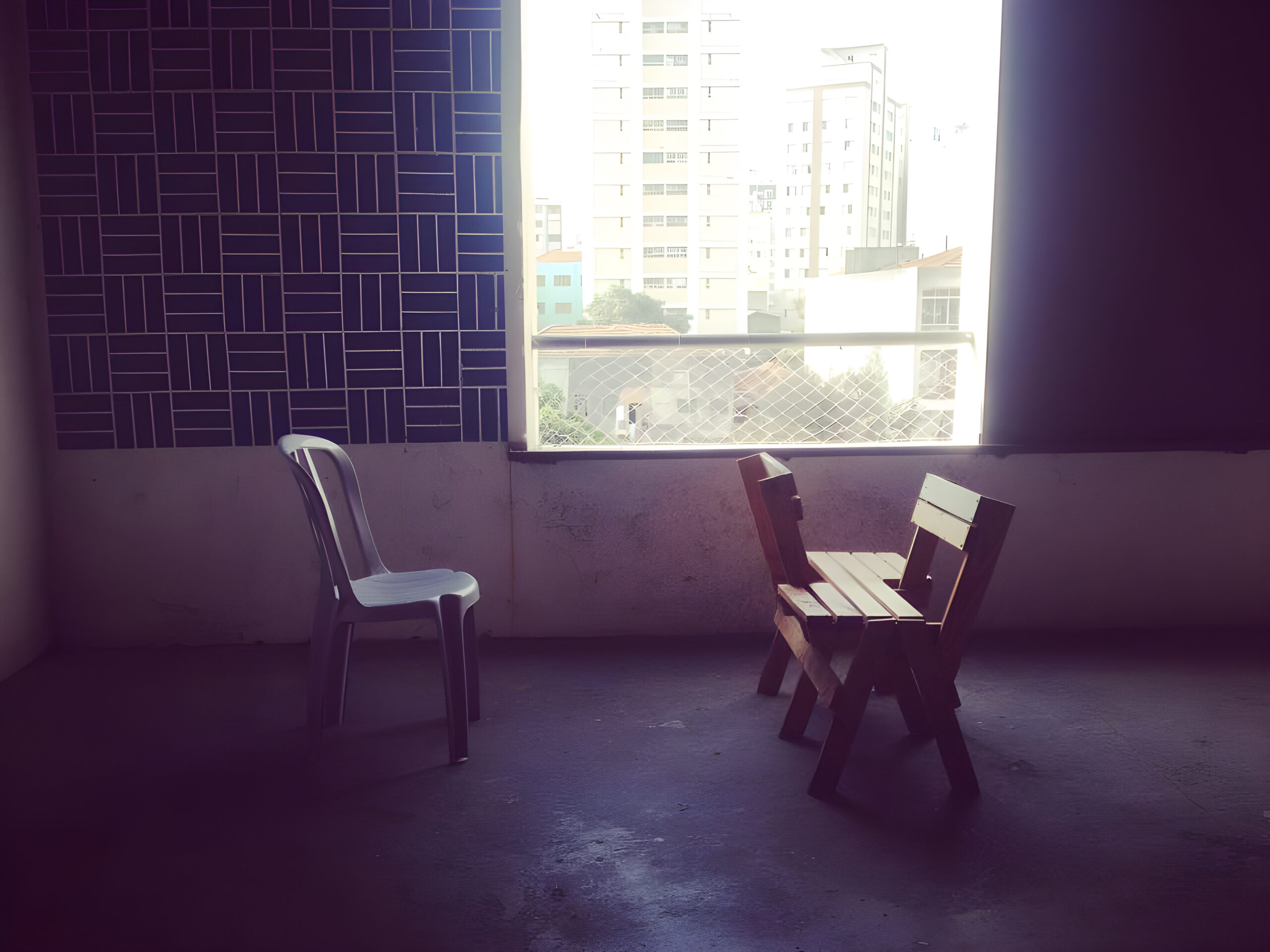Money and its circulation have a fantasy dimension. At the same time, money is an important aspect of how care can be offered and organised.

In this conference, we are guided by a series of questions about the paradoxes and opportunities of money. How do money and ideas circulate in our times? How can we make sense of alternative and anti-capitalist forms of circulation, and how do these appear in different fields of practice? What can psychoanalysis offer for understanding the issue of money? What does a psychosocial theory of value look like? What is the relationship between political economy and libidinal economy? Finally, are we traversing a crisis of care, and if so, what are some creative attempts to initiate new forms of circulation, amounting to economies of care?
We engage with these questions in an interdisciplinary conversation that brings together psychoanalysts, anthropologists, historians, and socio-political theorists to discuss the paradoxes of money and to explore ideas of value and circulation.
In psychoanalytic practice, money itself has a paradoxical place: the patient agrees to buy something that no one can describe in advance. Payment is included in the symptom and its treatment. Giving special attention to free and low-cost clinics of psychoanalysis around the world, this conference explores the substantive rethinking of value, exchange and circulation that free clinics practice in their own economies. We are interested in how psychoanalytic collectives have responded to the challenges and paradoxes of money, how they have set up alternative points of accumulation, principles of circulation and modes of redistribution. In a sense, the psychoanalysts of the free clinics invented new currencies, they made psychoanalytic money. Starting in the 1920s and 1930s, and up to our times, they created vouchers, sliding scales, quotas for free or low-cost sessions shared by all psychoanalysts, rules of conversion making it possible for psychoanalytic trainees to pay for their education, and complex micro-redistribution systems. All these practices amount to economies of care, where suffering has its own value.
About this conference
- This conference allows us to establish important parallels between anti-capitalist forms of circulation in psychoanalysis, and in other fields of practice, while also thinking psychoanalytically about value.
- This is a two-day hybrid conference where in each panel a psychoanalyst is in dialogue with a social theorist, followed by a short intervention by a discussant, and a ‘free space’ of engagement with the audience. The conference ends with a ‘free space’ panel, where conference speakers are in conversation with the audience.
- This conference attempts to practice the ideas it explores, thinking itself as an economy and an arena of redistribution. By proposing a series of differential participation fees (including solidarity fees) and by redistributing the gains of the conference, it will raise money for the free clinics movement.
- A share of the total gains of the conference will be donated to one or several free psychoanalytic clinics. In addition, your solidarity contributions will also be donated to free psychoanalytic clinics.
- This initiative is part of a long-term commitment to explore creative and sustainable ways to support free psychoanalytic clinics and to contribute to mental health commons.
- The conference is organised by the research project team FREEPSY: Free Clinics and a Psychoanalysis for the People: Progressive Histories, Collective Practices, Implications for our Times (UKRI Frontier Research Grant, University of Essex, PI Raluca Soreanu), in collaboration with The Freud Museum London team.
Speakers include: Giuseppe Cocco, Raluca Soreanu, Francisco J. González, Deivison Mendes Faustino, Dany Nobus, Dorothée Bonnigal-Katz, Tales Ab’Sáber, Daniel Feldmann, Deanne Bell, Guilaine Kinouani, Ian Parker, Jordan Osserman, Barry Watt, Ana Minozzo, Lizaveta van Munsteren, Ana Tomcic, Ana Čvorović, Joanna Ryan, Barbara Szaniecki.
In person Freud Museum link:
Online, Freud Museum link:

